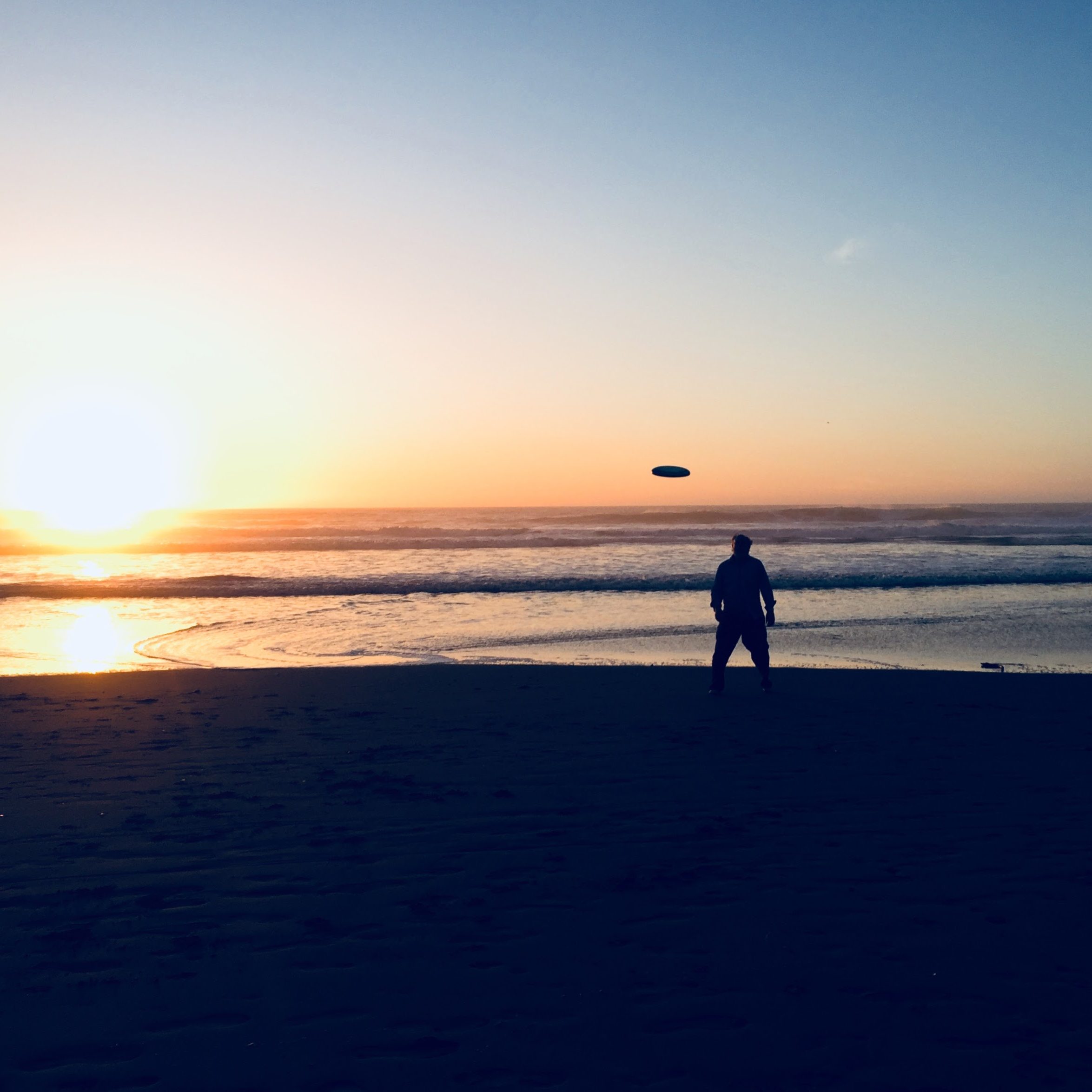The major theme this term has been about being able to recognize fundamental differences in ideology and worldview, being reflective of our own lens, getting to know the other, and engaging across difference. All my classes this term, the current events I hear about, and my own personal struggles have pointed to this central theme, and it seems more relevant than ever in a world where we are all so disconnected. (Thanks Universe, I see where you’re guiding me!)
I’ve compiled a list of some central themes I’m noticing as critical to engaging across difference from our explorations this term. They come from people and material we’ve explored this term and are the things that have helped me to become more self-aware and more understanding of those I previously was unable to empathize with. If you have more tips, add them in the comments!
Know Your Values
One of the biggest themes in engaging with anyone, particularly those that are different to you, is to understand where your view comes from. We all have different experiences that lead us to where we are, but without knowing what they are and why they shape you, there is no way to understand that others are different for a reason. Here are some tips on how to know yourself:
- Take the EcoTypes survey
- Think about what matters most to you. Is it Freedom, Happiness, Justice, Truth, or something else? Here’s an article to get you started.
- Look at the Grid-Group score you got on the EcoTypes survey or take a separate Grid-Group test.
- Write out your story: where do you come from, what are the key actors, what inspires you most, what parental lesson can you not get out of your head, what is your ideal world? (Maybe make an actor-network map!)
Respectful Listening.
Daryl Davis’ stories taught us about the profound power of respect. In spending so much time listening to Klan members, he showed them that their opinions and stories mattered to him, even though he didn’t agree. Daryl listened to learn, he didn’t go in ready to teach Klansmen why they are wrong. Because he respected them, they owed him the same respectful ear he had given them.
Liberal and Conservative Divide.
Just last night I realized a fundamental flaw in my entire perspective: I always thought I was somehow ahead because I’m so focused on a better future, and yet I find myself unhappy when I never get there. (Turns out, “tomorrow” never comes because its always “today”). My partner, on the other hand, sees all the good memories he has and how he’s grown, and is happy. We are headed in two opposite directions. Boy did that explain a lot.
Johnathan Haidt has some fascinating TED Talks on the Liberal-Conservative Divide that explain our fundamentally different moral values and temporal orientations. Understanding which part of that spectrum resonates with you is as necessary as understanding the other parts. Only then do we see why we need both.

Study Psychology.
Knowing how your mind works sets you free to transcend the limits of your biology. Here’s a fun crash course series to get you started.

Be a Relativist, Not an Ethnocentrist.
Cultural Anthropology is the study of human cultures and the approach anthropologists use is called cultural relativity: the notion that all cultures are different because of their particular historical development and thus our culture is not the only one or the right one. Much of who we are is a lottery of our birth, dependent on whichever culture and family we ended up in. Studying other cultures reminds us that there are infinite other perspectives and that no one in more right than another.
Talk To Strangers.
A recent visit from Oregon Humanities and Healthy Democracy inspired me to get involved with these organizations. They both have a variety of projects focused on connecting people across difference and engaging rural and urban communities that otherwise don’t interact. They recognize that democracy is about building community and that this is work that needs doing. They also have a training for how to lead these kinds of conversations that I’m hoping to do. Here’s a neat TED Talk if you need further convincing.
Build Relationships.
Daryl Davis also reminded us of the importance of sustained relationships in building trust and understanding. Progress isn’t made in one sitting because we can get emotionally tired, frustrated, often there is a lot to discuss, and people need time for new ideas to sink in. We all probably know from experience that friendships take time to develop, and even more true for healthy “disagreementships.”
Decide What You Can Do.
There are so many options: joining a revolution, changing your lifestyle, or just talking to people. All these approaches to action (big, small, and non-traditional) are necessary, but nobody can do everything. Committing to a project within your power and recognizing that it is enough may help ease some of the stress that get along with feeling helpless and impatient with those who focus elsewhere.
Breathe.
Get some fresh air by connecting with the infinite wisdom of nature, meditate to recenter and explore where you are feeling stuck, and take care of your body – our minds and hearts don’t work when our bodies are malnourished. Also, patience needs replenishing.
Listen to the Beatles
I’m not sure how to be angry or frustrated when I’ve got All You Need is Love or We Can Work It Out playing in the background. Take a dance break!

